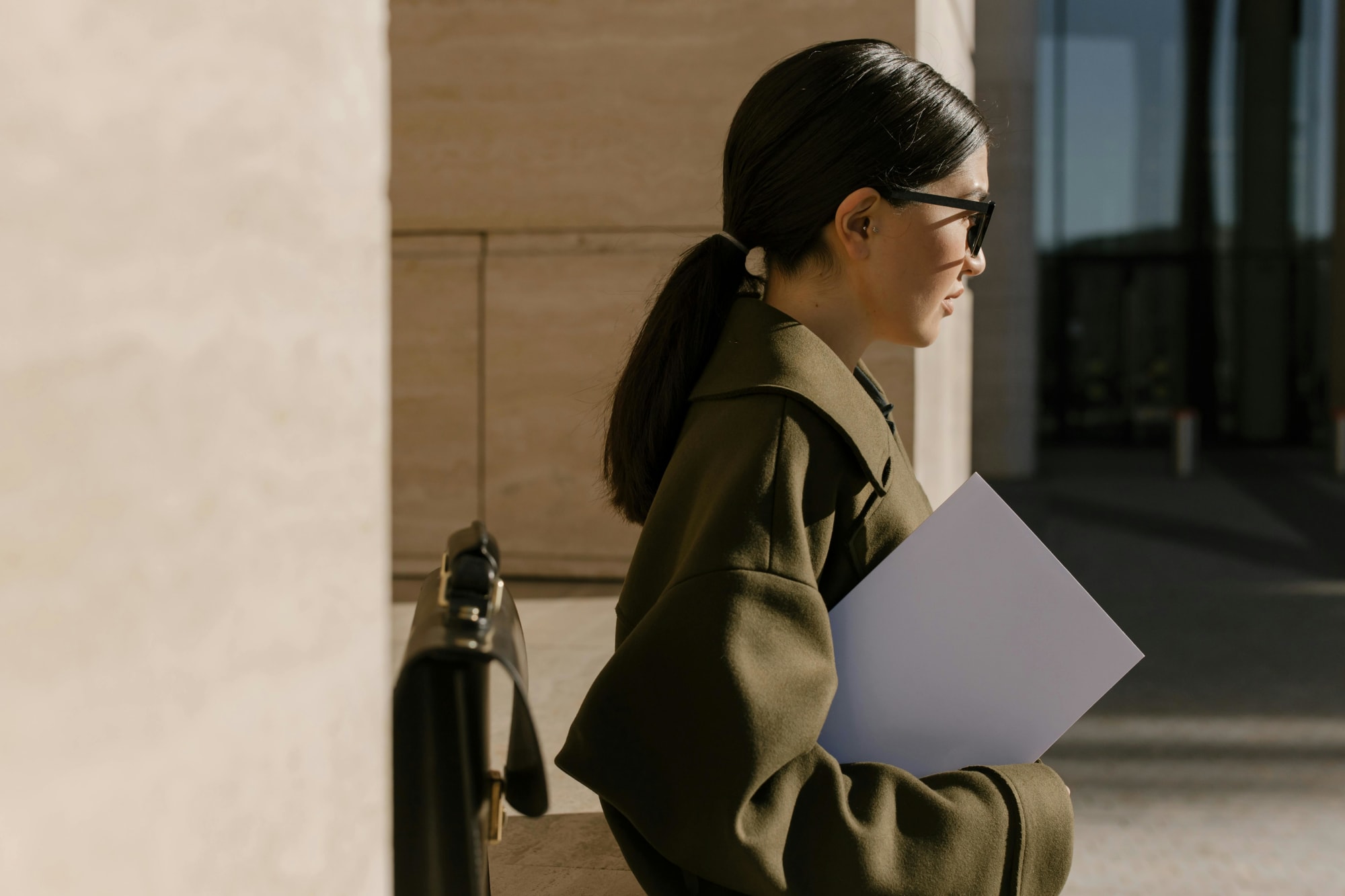ROOT
Flexible workplaces yield better-rested and more engaged workforces
The last 18 months have given experts the chance to extensively assess the value that flexible workplaces offer both employees and businesses.
Flexible workplaces yield better-rested and more engaged workforces
The last 18 months have given experts the chance to extensively assess the value that flexible workplaces offer both employees and businesses.

The shift to remote work in the wake of the COVID-19 pandemic has revealed new insights about how flexible working contributes to the wellbeing of employees.
According to research commissioned and published by the NSW government, those with flexible working conditions are often better rested, more engaged and have a higher level of wellbeing than those who work exclusively from an office.
NSW government director of the Centre for Work Health and Safety Skye Buatava said the challenges of the pandemic provided an opportunity to investigate whether and how remote working can add value to the lives of both employees and businesses.
“Flexible and remote working has of course become commonplace over the last few years, and during last year’s lockdown we commissioned this study to investigate how our workforce was finding working from home,” she said.

Overall, the research suggested that remote and flexible work environments are beneficial for employees. Surveyed workers reported lower levels of sleeping trouble and higher levels of general wellbeing.
“It’s reassuring to see that for the most part, working flexibly can be a very positive experience for workers,” Ms Buatava said.
That being said, the research also highlighted gaps when it came to the health and safety support mechanisms in place for remote and flexible workers.
“We discovered that some flexible workers felt their organisation did not have adequate work health and safety processes in place and that training around mental wellness was lacking,” Ms Buatava explained.
The dramatic shift to flexible work during recent lockdowns has only highlighted where businesses needed to ensure their policies and procedures reflect the realities of the modern workplace.
Ms Buatava said the NSW government was committed to supporting businesses that need assistance adapting via a suite of training modules and guidance materials. These publicly accessible resources promise to help both employers and employees create a mentally healthy workplace at home, regardless of whether lockdown restrictions are in effect.
“The shift to flexible work has been dramatic due to COVID restrictions and we need to ensure that businesses have up to date policies and procedures for their workforce, whether in the office or not,” she added.
About the author

About the author


Earn
January’s strategic edge: Turn a quiet month into outsized returns by 2026
January isn’t just a fresh calendar page; it’s an underpriced window to make high‑conviction decisions before the competitive noise returns. With budgets locked, risk appetites clear and board agendas ...Read more

Earn
Case study: How Australia’s broker ecosystem turned a volatile 2025 into a strategic advantage
A year defined by rate cuts, lender policy resets and government schemes reshaped Australia’s mortgage and finance market. This case study dissects how leading brokerages converted macro whiplash into ...Read more

Earn
Peak season powers a nationwide workforce rebound
Australia’s labour market is experiencing a significant resurgence as peak season spending revitalises employment across the nation. The latest November Jobs Report from Employment Hero, a global ...Read more

Earn
From lone wolves to performance systems: how to convert individual drive into repeatable team wins
High-performing individuals are valuable; systems that meaningful scale their behaviours are priceless. Agency leaders say networks can transform ambition into organisational advantage—if the ...Read more

Earn
State Street economist comments on recent Labour Force data, urging RBA caution
In light of the recently released Labour Force data, Krishna Bhimavarapu, an economist at State Street Global Advisors, has provided insights that may influence the Reserve Bank of Australia's (RBA) ...Read more

Earn
Job market booms, but falling hours keep productivity under pressure
Australia's job market is experiencing a significant resurgence, with employment figures showing a robust increase, according to the latest report from Employment Hero. The October Jobs Report, ...Read more

Earn
Rate cut back in play: how a softer labour market could reshape Australian balance sheets by Christmas
With unemployment at a four‑year high and policy makers signalling a controlled easing in labour conditions, markets are again pricing the possibility of an RBA cut before year‑end. Beyond the ...Read more

Earn
New Business Boom: Australia’s Top Ten Suburbs Lead Entrepreneurial Growth
Australia's entrepreneurial landscape is witnessing a remarkable transformation, with the latest data from the Lawpath New Business Index highlighting a significant surge in new business registrations ...Read more

Earn
January’s strategic edge: Turn a quiet month into outsized returns by 2026
January isn’t just a fresh calendar page; it’s an underpriced window to make high‑conviction decisions before the competitive noise returns. With budgets locked, risk appetites clear and board agendas ...Read more

Earn
Case study: How Australia’s broker ecosystem turned a volatile 2025 into a strategic advantage
A year defined by rate cuts, lender policy resets and government schemes reshaped Australia’s mortgage and finance market. This case study dissects how leading brokerages converted macro whiplash into ...Read more

Earn
Peak season powers a nationwide workforce rebound
Australia’s labour market is experiencing a significant resurgence as peak season spending revitalises employment across the nation. The latest November Jobs Report from Employment Hero, a global ...Read more

Earn
From lone wolves to performance systems: how to convert individual drive into repeatable team wins
High-performing individuals are valuable; systems that meaningful scale their behaviours are priceless. Agency leaders say networks can transform ambition into organisational advantage—if the ...Read more

Earn
State Street economist comments on recent Labour Force data, urging RBA caution
In light of the recently released Labour Force data, Krishna Bhimavarapu, an economist at State Street Global Advisors, has provided insights that may influence the Reserve Bank of Australia's (RBA) ...Read more

Earn
Job market booms, but falling hours keep productivity under pressure
Australia's job market is experiencing a significant resurgence, with employment figures showing a robust increase, according to the latest report from Employment Hero. The October Jobs Report, ...Read more

Earn
Rate cut back in play: how a softer labour market could reshape Australian balance sheets by Christmas
With unemployment at a four‑year high and policy makers signalling a controlled easing in labour conditions, markets are again pricing the possibility of an RBA cut before year‑end. Beyond the ...Read more

Earn
New Business Boom: Australia’s Top Ten Suburbs Lead Entrepreneurial Growth
Australia's entrepreneurial landscape is witnessing a remarkable transformation, with the latest data from the Lawpath New Business Index highlighting a significant surge in new business registrations ...Read more








